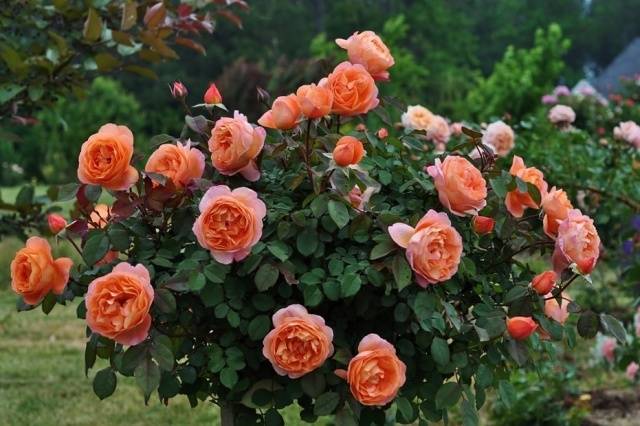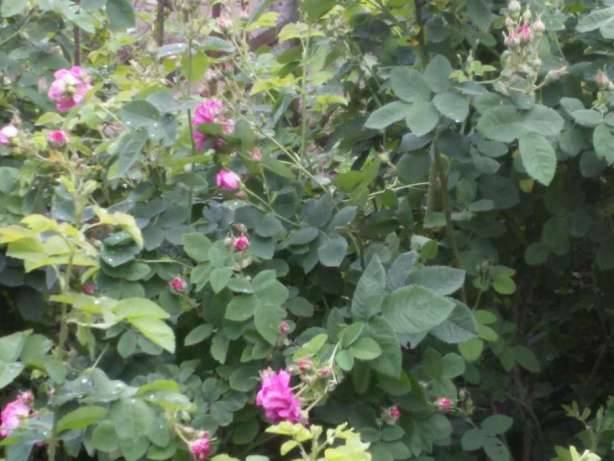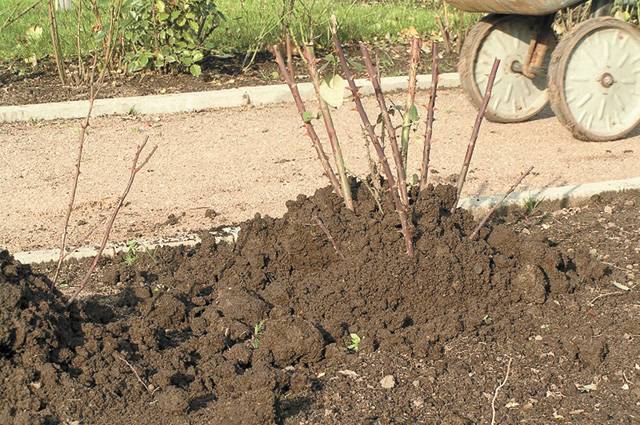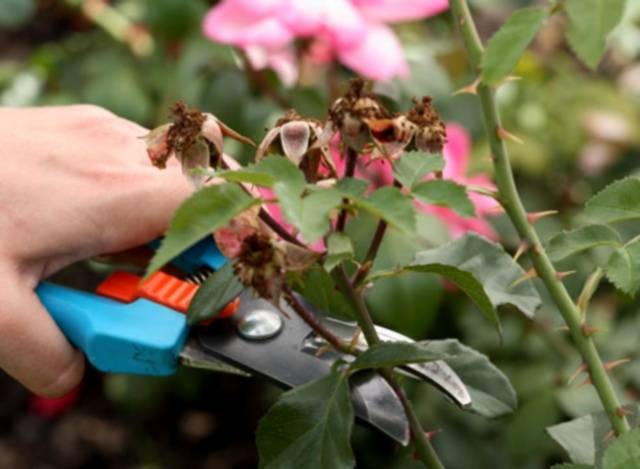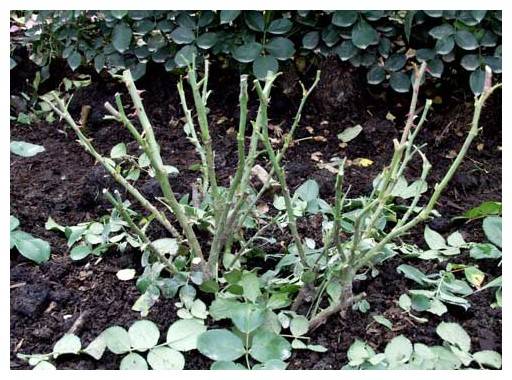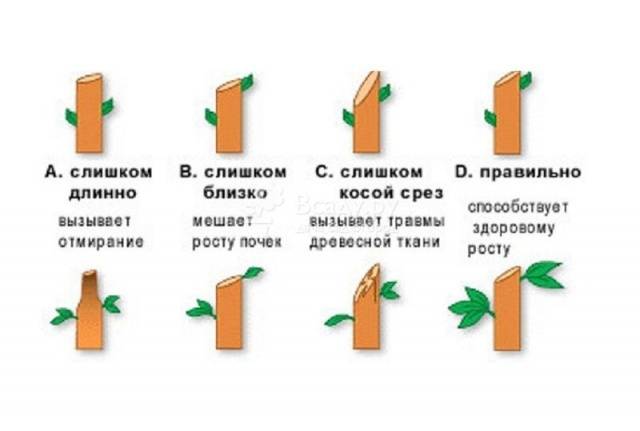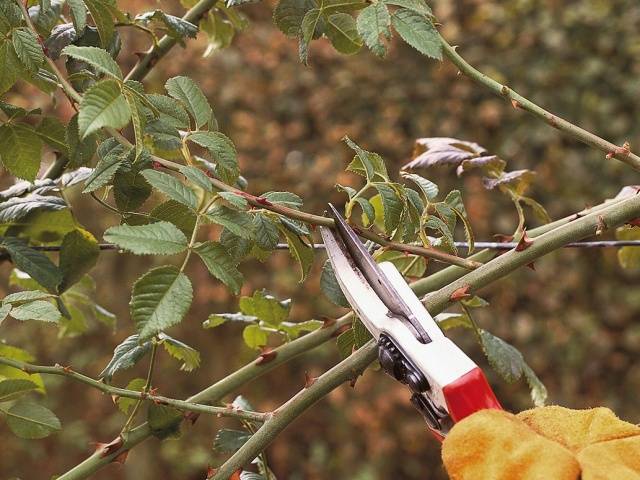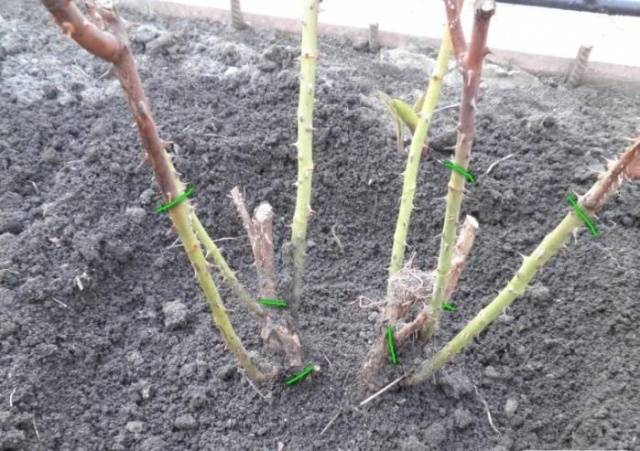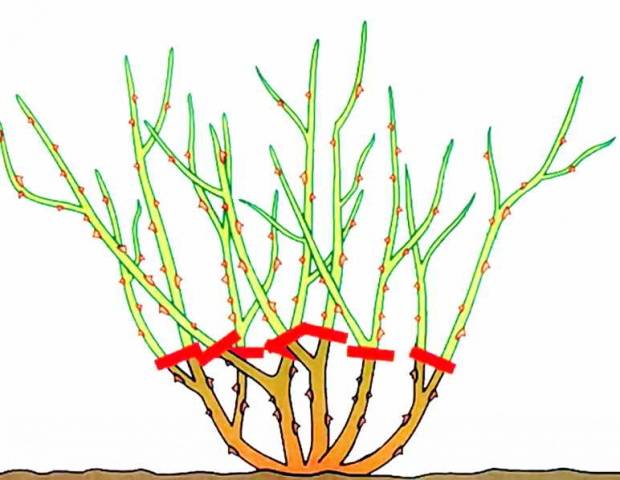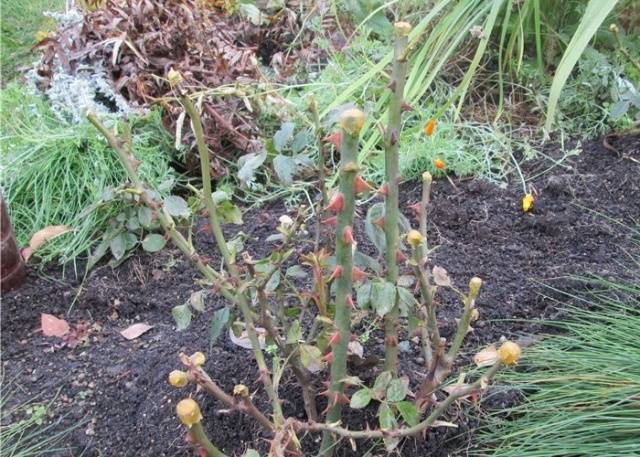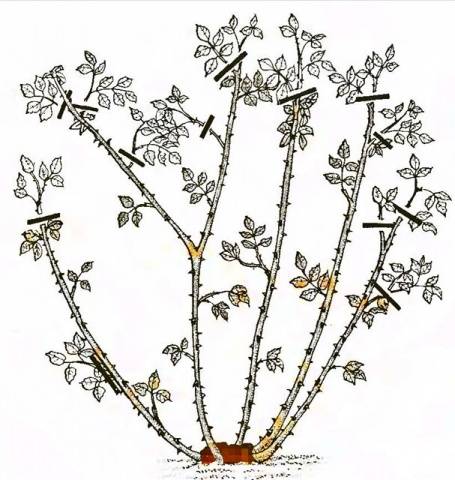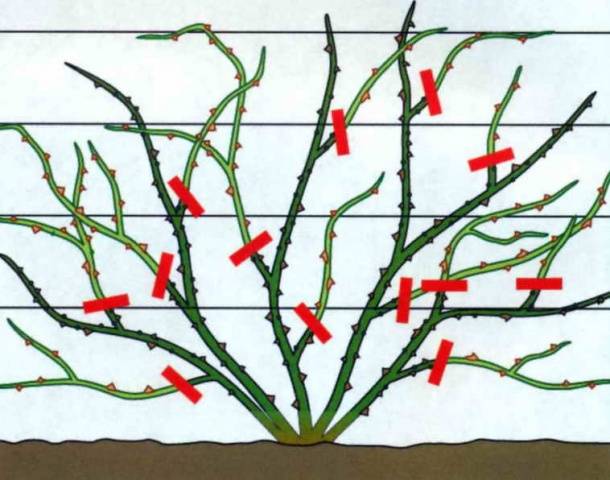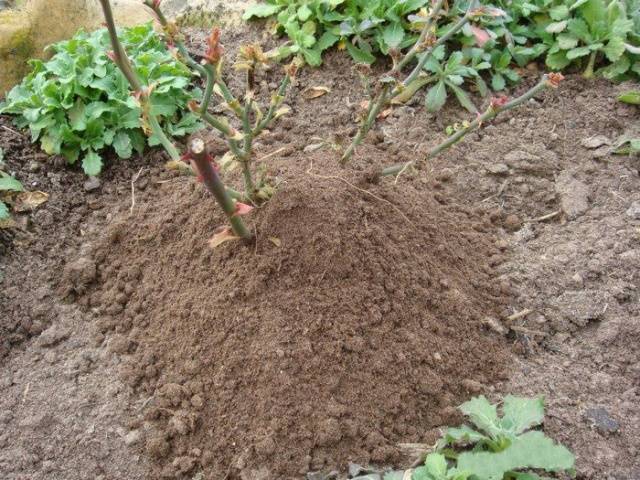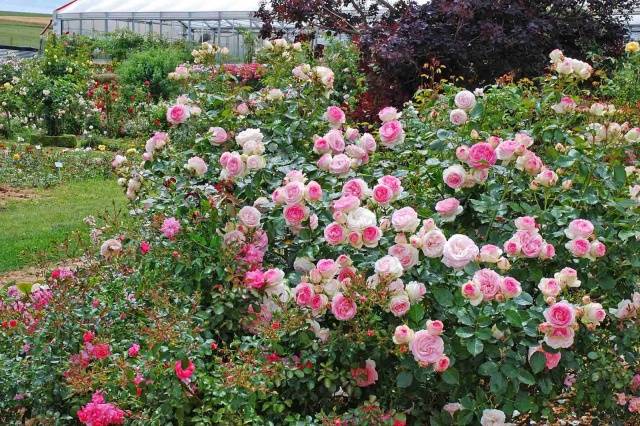Content
Modern varieties of roses are remarkable not only for their lush beauty and wonderful aroma - most of them bloom again. The first buds usually appear in May, and the last ones - just before the frost. This makes the rose stand out from other flowers and makes the owners find a corner for it even in the smallest courtyard.
Capricious and difficult to care for varieties go down in history, they are most often found in collectors' gardens. But no matter how simple it is to grow roses today, only with the right agricultural technology will they show themselves in all their glory. If everything is very clear with watering, dressing, processing and shelter for the winter, then pruning roses for the winter causes so much controversy among rose growers that a novice gardener just needs to get confused.
Why prune roses
But why do roses need pruning? It is much easier not to touch the thorny branches and let nature take care of the formation of the bush. The fact is that the shoots of roses do not grow thicker from year to year, after a few years their tops die off, and new shoots develop from the lower buds. We must say right away that only species roses do not need formative pruning - they only remove dried branches as they age, so that they look neat. Another situation with varieties:
- Removing shoots affected by pests and diseases prevents the infection from spreading to the entire plant.
- Rejuvenating pruning prolongs the life of the bushes - if you do not remove branches older than three years, they will first lose their decorative effect, and then die.
- This flower has a powerful root system, good shoot-forming ability. It is necessary to maintain a balance between them, otherwise we will get a ball of tangled thin young and dry old branches.
- Spring or autumn pruning of the bush stimulates the development of new powerful shoots.
- Large buds and continuous flowering can only be obtained if all parts of the rose receive sufficient nourishment. To do this, you need to cut off thin, weak, old branches that thicken the bush and consume nutrients.
- The largest flowers can be grown only by rationing the number of shoots.
Is it necessary to do pruning for the winter
Novice gardeners often ask if pruning roses is needed for the winter. Indeed, with the arrival of heat, we will still be forced to shorten all shoots frozen or damaged by bad weather. If spring pruning is aimed at forming a beautiful healthy bush, then in autumn it is designed to prepare roses for winter shelter.
There is no unity among experienced rose growers on this issue. Some advise in the fall to remove only unripe shoots, which can rot under cover or during a thaw, which can lead to the defeat of the entire bush, while the rest of the operations should be carried out in the spring. Others are in favor of full-fledged autumn pruning.
The beginning gardener needs to know the following:
- Unripe twigs need mandatory pruning. In young shoots, the thorns bend when pressed, in adults they break.
- Bushes of roses blooming once can not be cut off - their wood usually ripens well by frost.
- Before sheltering, it is imperative to remove all flowers and unopened buds.
We recommend doing minimal pruning in the fall. The tops of the shoots in winter can dry out or freeze out, and if they are cut short, then in the spring there will be nowhere to shorten them.This will entail a temporary loss of decorativeness, make the first, most abundant wave of flowering inexpressive.
Basic rules for pruning
There are general rules for caring for roses, which should be followed in spring and autumn.
Pruning tools
How to prune roses correctly if there is no suitable tool, or it is not sharp enough? The answer is no way. Here is a list of what you need:
- Pruner.
- Garden saw. It removes shoots with a diameter of more than 2 cm.
- Gardening scissorsequipped with long handles. They are simply necessary for trimming climbing or tall shrub roses. Even if you have two-section ladders, it is not possible to install them everywhere without damaging the plants.
- To work with roses you need gloves made of thick elastic material. Old leather can be used.
- Knee pads or special mat. This will allow you to get closer to the bush without causing joint problems, especially if there are a lot of roses on the site.
Naturally, tools must be sharp, as a ragged cut can become a breeding ground for pathogens. Before work, they need to be disinfected with alcohol or a solution of potassium permanganate.
Preparing for pruning
Pruning roses for the winter begins by picking off all the leaves. They do not always fall off on their own, and you cannot leave them on the bush. Among the wild roses, there are many evergreen species that have participated in the creation of varieties. Under snow or shelter, the leaves continue to breathe and evaporate moisture, which can lead to negative consequences. Alternatively, they can rot or spread the disease on them.
Before pruning roses in the fall, it is imperative to remove the mulch and remove the supports if necessary.
How to make slices
The surface of all cuts must be smooth, located 1 cm above the outward-facing bud of the bush. This way, the shoots will not overlap, and you will provide the rose bush with good lighting.
Make the cuts at an angle so that water or snow does not linger on them. Otherwise, the wound surface can become a focus of infection. Be sure to treat it with garden varnish.
When pruning shoots, make sure that the core is white. If it is black or brown, it should be shortened to healthy wood or the branch removed completely.
Pruning technique
Only the first few bushes are difficult to cut. Having acquired a minimal skill, even novice gardeners successfully cope with this operation. Usually 3-5 strong, well-ripened shoots are left on a rose bush. But in any case, before you start pruning, study the characteristics of the variety. For example, more branches are usually left on scrubs.
Autumn pruning dates
Autumn pruning of rose bushes is part of the preparation for winter and is carried out just before their shelter. Wait for cold weather to set, and at night the temperature drops below zero. Any pruning of roses in the fall, carried out in a warm season, stimulates the development of the buds. If a thaw comes, they will start to grow, the plant will suffer.
The exception is multi-flowered climbing varieties. They are pruned in late summer or autumn, when bud formation is over and the wood is ripe.
Choose a sunny, windless day and start pruning.
Pruning in the traditional way
Pruning roses in the fall for novice gardeners is best done in the old tried and tested way. It can be used for all types of spray and standard roses. Let's take a look at a simple and understandable diagram in detail. Trim:
- all dead shoots to the ground;
- damaged, diseased branches to healthy wood;
- completely - root growth;
- thin and thickening stems;
- all unripe shoots.
As a result, only strong, well-ripened healthy shoots will remain on the rosebush. Further, it remains only to shorten them in one of the ways indicated below.
Strong pruning
The stems are shortened by 3-4 buds, leaving about 15 cm.Thus, all newly planted roses are cut and tea-hybrid varieties intended for participation in exhibitions or obtaining large buds.
This method is absolutely not suitable for rooted climbing roses, floribunda, scrubs. Strong pruning is not suitable for hybrid teas and park rosesintended for garden decoration, with the exception of rejuvenation or healing weakened bushes.
Moderate pruning
Strong shoots are shortened by half, weakened ones - a little more. Moderate pruning is good for everyone bush varieties... In floribunda roses, the old stems are shortened completely, and annual ones are only slightly pinched. Such pruning gives the bush a particularly attractive appearance and promotes long flowering.
Easy pruning
Shoots are only slightly shortened, leaving about two-thirds. So, roses will bloom earlier. Most varieties cannot be lightly pruned for several years in a row, as they stretch and produce few buds.
Pruning climbing and ground cover varieties
These flowers are not cut off at all, old, diseased, unripe and dried shoots are removed from them. In multi-flowered climbing roses, the lateral shoots are shortened by two-thirds, and the old skeletal ones - by a strong branch.
These are easy ways to prune roses for the winter. The video will help consolidate the knowledge gained:
What to do after pruning roses
Necessarily before the shelter, but after pruning the roses need treatment from pests and diseases. Depending on the temperature at which you will conduct it, select:
- Copper preparations (active ingredient - copper). They are used at a temperature of +6 degrees and above.
- Iron preparations. They have a similar effect, but are used at low temperatures.
Now we remove plant debris from the site and cover the roses.
Conclusion
There is nothing complicated in the autumn pruning of roses. Try it, learn and in a short time you will do this procedure automatically.
